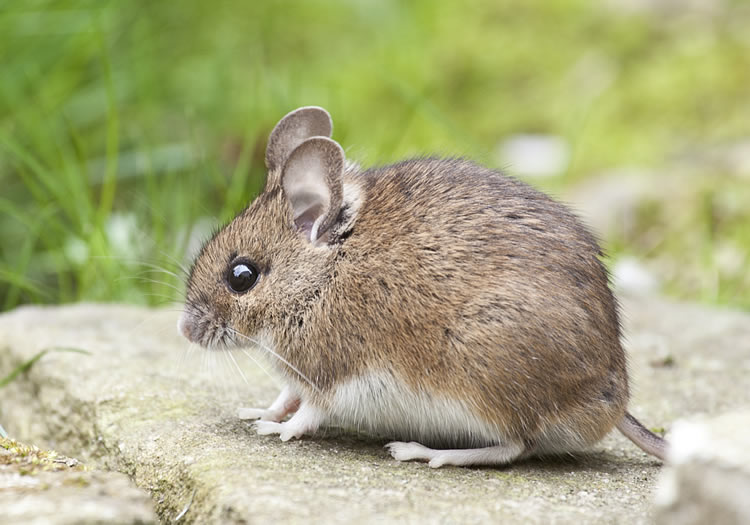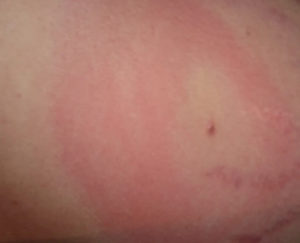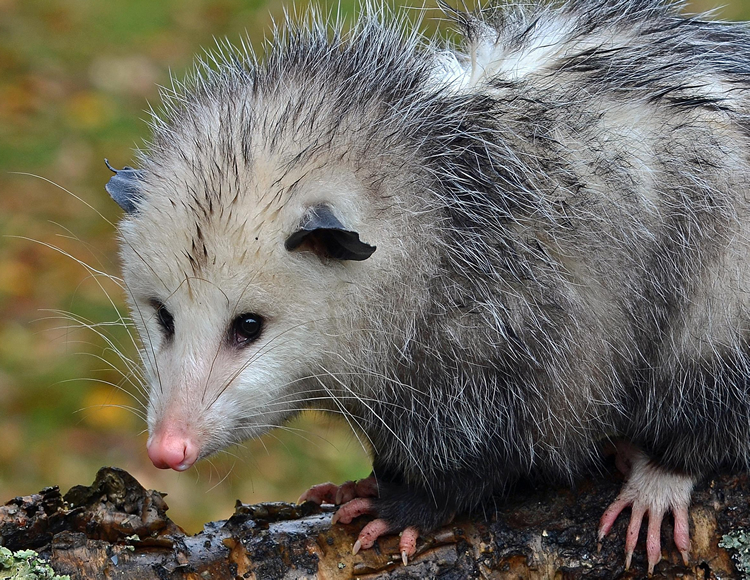There are two creatures in nature, which play opposing roles in the spread of Lyme disease. Do you know what they are?
The word “rodent” does not usually give us a warm, fuzzy feeling. Though, they are warm and fuzzy. There is a sect of population, who keep rodents as pets. Hamsters, gerbils, and guinea pigs are popular small pets. Some people even keep mice and rats as pets. Most of us wish to keep mice and rats out of our homes. Did you know that mice can be way more dangerous in the outdoors than in? Here’s why.

Mice are common spreaders of Lyme disease.
The white-footed mouse is perhaps the most common spreader of the bacterium that causes Lyme disease. Ticks take their first blood meal from wild animals, including birds, and ground animals, like mice. Up to 90% of white-footed mice are believed to carry Lyme-causing bacteria. When a larval tick feeds on an infected mouse, he is ready to go to his next life stage. In his next stage of life, the black-legged tick sets his sight on a different animal, many times humans, livestock, or pets. Nymph ticks are so small, we often do not catch them until they have taken their blood meal from us. Nymph ticks are the most prolific spreaders of tick-borne illnesses, including Lyme disease.

Can you get Lyme disease from mice?

Humans cannot catch Lyme disease directly from mice. Ticks are the only vectors of Lyme disease. Lyme disease is not contagious. In order to contract this illness, you must receive a bite from an infected tick. Mice do indirectly spread Lyme, but they cannot pass Lyme disease in any other way than through a tick.
Also read: Is Lyme disease only from tick bites?
Opossums fight against the spread of Lyme disease.
As opposed to mice, opossums aid in the fight against the spread of Lyme by devouring thousands and thousand of ticks each year. Opossums are constant groomers and only one of these American marsupials can eat up to 4,000 ticks per week. If you live in a wooded area, and see an opossum, don’t harm him. He’s helping protect your family from Lyme disease!

Also read: Nature’s Ally in Lyme Prevention
Tick control never goes out of season.
 Be on like the opossum, and protect your family from tick bites all year long with tick tubes. Though the most active tick season is early spring through early fall, they still live and move in the winter. You can protect your family in the “off season” by employing a professional Central Mass tick control company to deploy tick tubes around your home and property. These biodegradable tubes are filled with cotton, which is treated with pesticide. Mice will find the tubes, and take the treated cotton back to their nests. When a larval tick attempts to feed on the mouse, the pesticide will eliminate the tick, literally halting the tick life cycle, and decreasing the tick population around your home.
Be on like the opossum, and protect your family from tick bites all year long with tick tubes. Though the most active tick season is early spring through early fall, they still live and move in the winter. You can protect your family in the “off season” by employing a professional Central Mass tick control company to deploy tick tubes around your home and property. These biodegradable tubes are filled with cotton, which is treated with pesticide. Mice will find the tubes, and take the treated cotton back to their nests. When a larval tick attempts to feed on the mouse, the pesticide will eliminate the tick, literally halting the tick life cycle, and decreasing the tick population around your home.